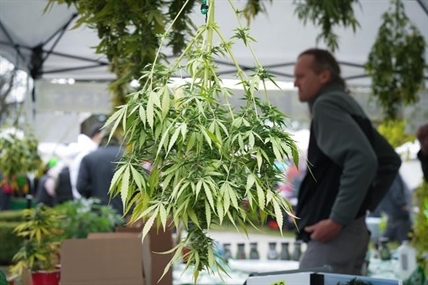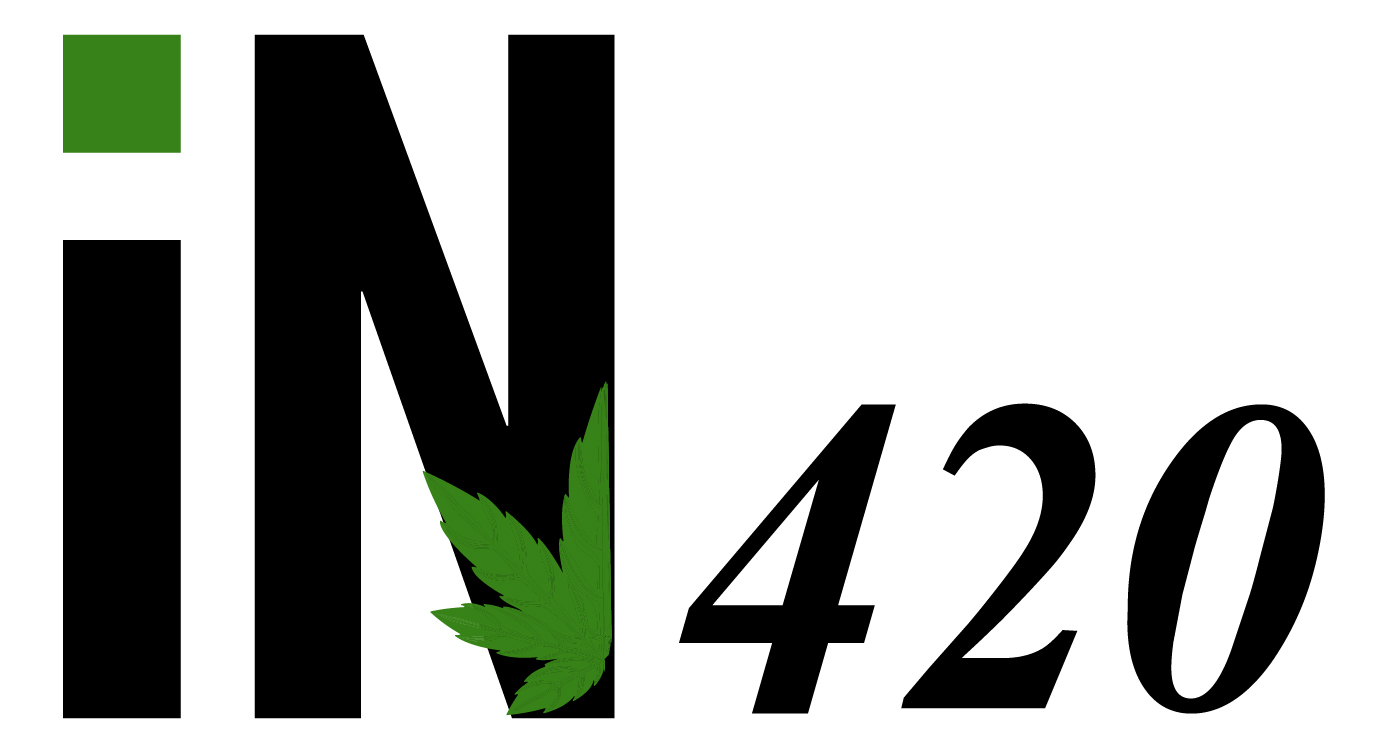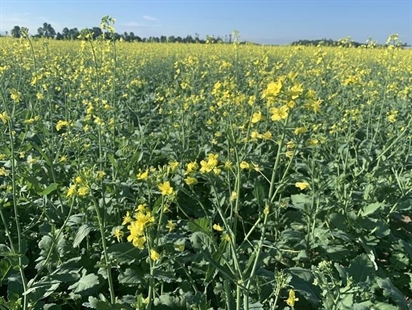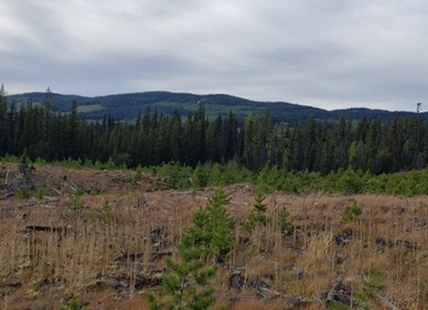Austria stepping up police checks in border areas after Germany liberalizes cannabis rules
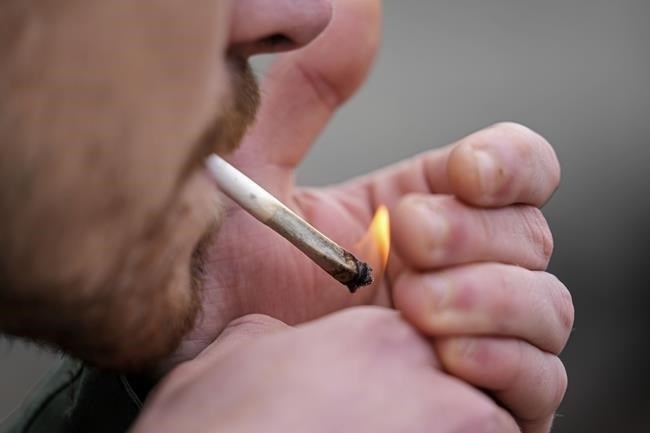
BERLIN (AP) — Austria will step up police checks near its border with Germany after its neighbour legalized the possession of limited amounts of cannabis for recreational use, the country's top security official said Tuesday.
Germany's new rules went into force Monday, legalizing possession by adults of up to 25 grams (nearly 1 ounce) of marijuana for recreational purposes and allowing individuals to grow up to three plants for their personal use.
A second part of the legislation, under which German residents age 18 and older will be allowed to join nonprofit cannabis-growing clubs from which they can buy marijuana, takes effect July 1.
European countries have a patchwork of rules on and approaches to cannabis, which remains illegal for recreational use in most places. Austria has no plans to follow Germany's lead and says it is keen to prevent any cross-border trade.
“The police will conduct intensified checks, particularly in areas near the border, to take addictive substances and drivers under the influence of drugs out of circulation,” Interior Minister Gerhard Karner said in a statement. “This is about the protection of all road users.”
His ministry said plain-clothes police officers and specialists from regional transport departments trained to recognize symptoms of impairment through drugs will be deployed.


